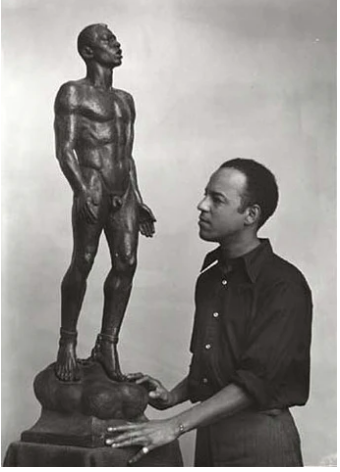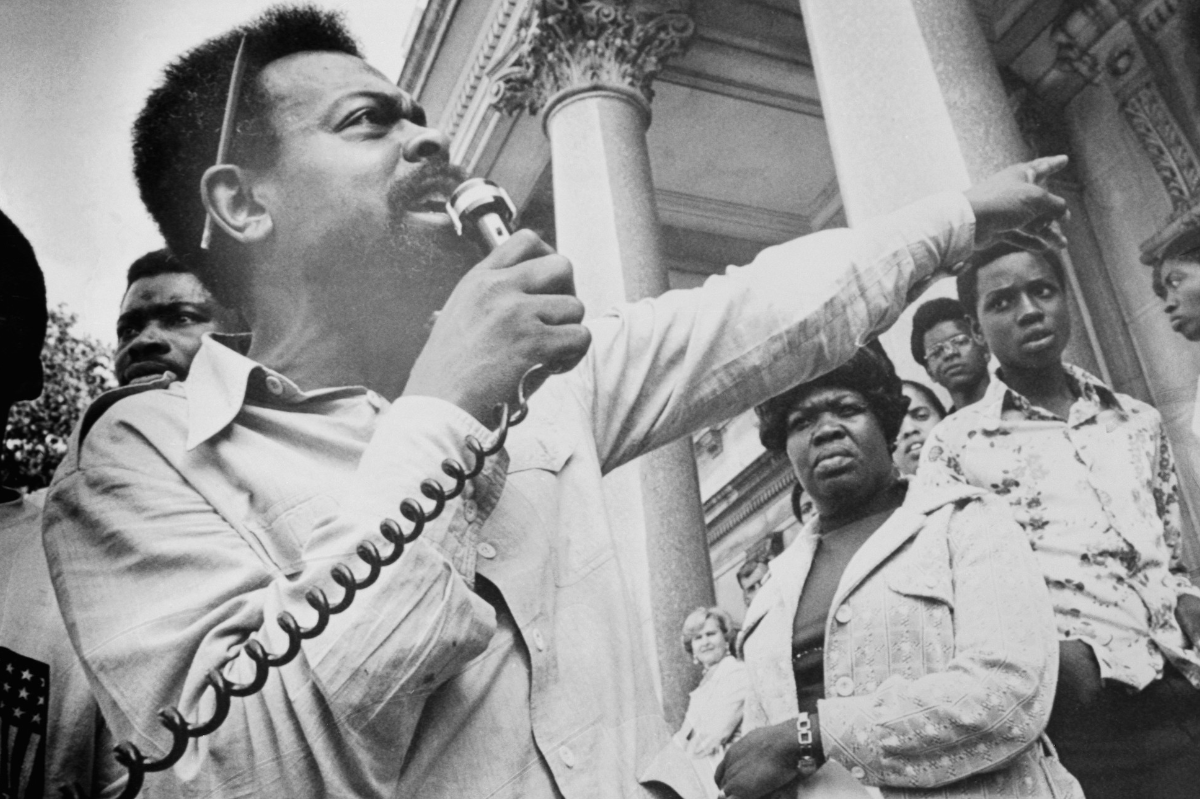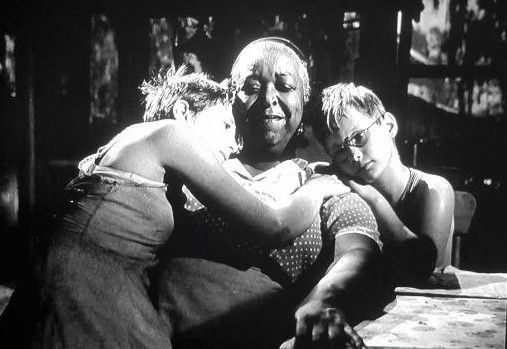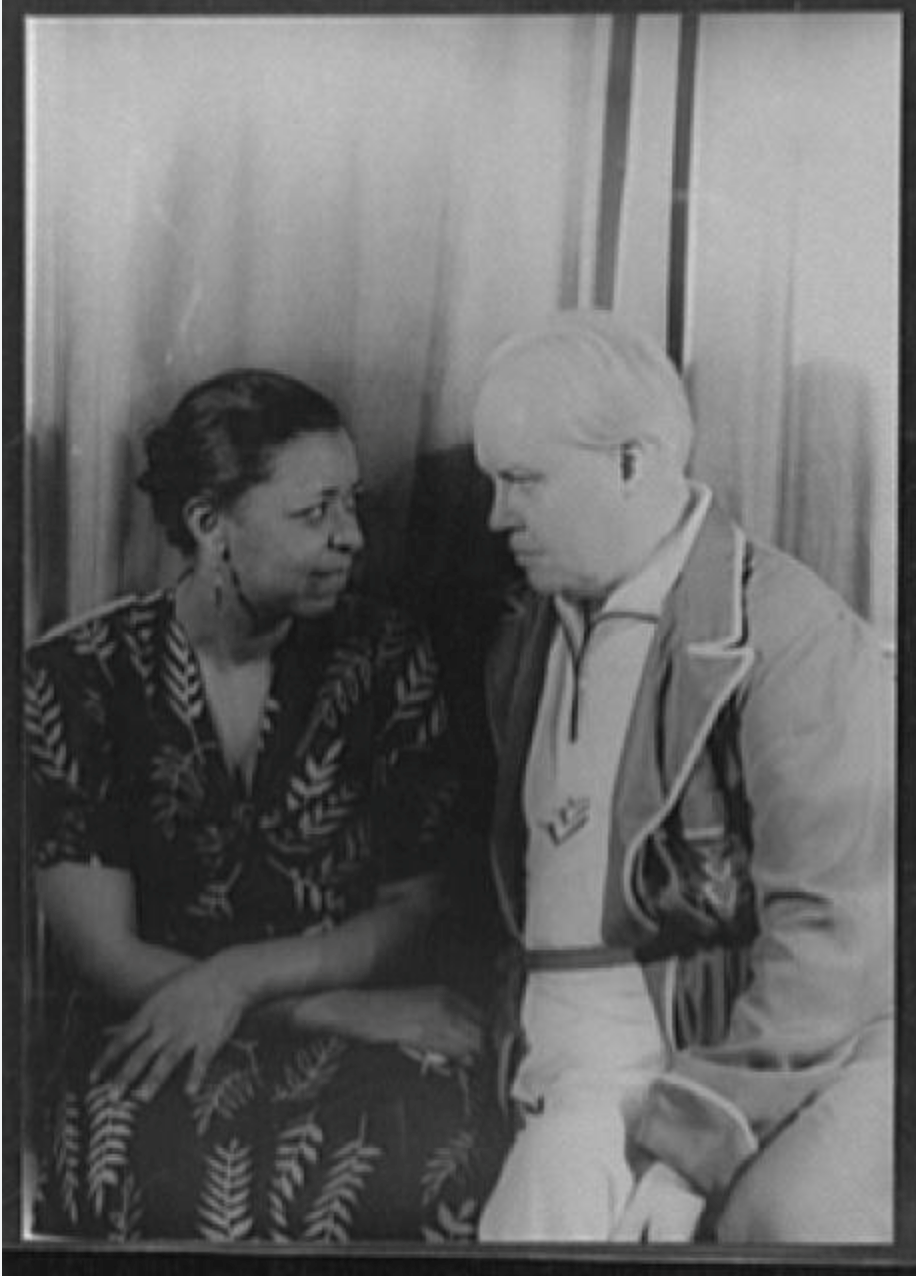The Obituary of Tunde Johnson - A Teen Soap With BLM Overlay
Start with a classic teen triangle. Tunde's bestie from childhood, the supersexed Marley, is sleeping with the Nordic-blond-god jock Soren. Shocker! Tunde is also sleeping with Soren on the down-low. So many melodramatic possibilities here! Tunde must tell Marley her boyfriend is gay. Marley must confront Soren. Tunde must pressure Soren to come out. Let's raise the stakes by making Soren's father a right-wing talk show host.
What if we make Tunde Black! That raises even more possibilities for melodrama. If we make Tunde the only son of Nigerian immigrants, then it's obvious that the homophobic attitudes of the homeland will provide more conflict. No . . . we won't go there. Tunde's father is an extremely successful visual artist, cultured and cosmopolitan enough to accept (with some difficulty, let us admit) his son's coming out speech. "Marley said it would behoove me to . . ." (When's the last time you heard "behoove" in teen soap dialogue?) OK, so we turn away from the easy target of African disapproval and access a brief wash of Significance when Tunde's father explains that the home culture regards death as a transition from one sphere of existence to another.
What about being black at school? Well this is a prep school, and everybody's rich. Though Tunde is apparently only one of two black students enrolled (the other is a young woman who shows up later on TV news as another police fatality), the endemic racism of American society is mollified to a certain degree by upper-class chumminess. (Soren isn't even a football jock. He plays lacrosse!) Soren's fellow jocks call Tunde "Wesley" (as in Wesley Snipes) and make the occasional reference to Blade. That's not much of a micro-aggression, but they don't know he's gay. So rich white privilege isn't skewered very much, but it does provide plenty of lifestyles-of-the-rich viewing porn, not to mention the visual pleasure of watching the sex scene between the Nordic god and the very black Tunde. The house that Tunde lives in is stunning, and the cars he drives are black and fast and expensive.
Ah but here's where the rubber meets the road. Being black in America? Bad news, often fatal when the cops get involved. And they do get involved with Tunde time and time again. That's the daring conceit of The Obituary of Tunde Johnson, which I just viewed as Frameline's centerpiece film. Tunde wakes up to the narrator's VO informing us that he was born in 2002 and that on May 28, 2020, he "departed this life." During the course of the day (usually at night), Tunde is gunned down by white cops. But then he wakes up panicked on the same day and lives through the same teen triangle referenced above -- with variations. Sometimes he tells Marley about his affair, sometimes not. Usually Soren remains in the closet but in one variation, he presents Soren to his smiling parents as his boyfriend of six months. Hovering over the teen soap is the dread that Tunde will once again by murdered by racist cops. Each time it happens differently, and each time it is a shock.
The movie premiered at the Toronto Film Festival in September of 2019, before Covid, before the mass demonstrations sparked by the George Floyd killing of May 25, 2020. (The proximity of the historical and "fictional" dates is eerie.) Since white cops killing Black youth is a thematic evergreen, that element of the movie is unfortunately always timely, but seeing Tunde choked to death in a long, agonizing medium shot hit w-a-a-y too close to home.
This is the fatal flaw of the movie. The teen soap constituting its plot -- especially in its privileged setting -- is so trivial when set against the visceral horror of getting murdered by white cops over and over again. It's Groundhog Day with a Black Lives Matter overlay, but in this version what springs Tunde from this recurring nightmare is his realization that his Nordic god of a boyfriend has feet of clay. Is he a racist? Probably, but that's not the point. He's a coward who won't come out to his father!
There are many other gestures towards Deeper Significance. Our teen players share a film class together during which Tunde quotes film critic Arlene Croce on The 400 Blows: “You are no longer looking at the film – the film is looking at you" -- this in front of the famous final shot of Antoine Doinel on the ocean's edge. And guess what? The opening shot of Tunde Johnson is a similarly framed close-up of the Nordic god on the beach. Our cinematic adolescent angst credentials have been established.
But Tunde is particularly angst-ridden. He pops Xanax (a plot point that goes nowhere) and apparently tries to drown himself in the ocean--saved, however, by the Nordic god. "I'm Black and gay," Tunde tells his therapist (more white privilege), "and even those two hate each other." Now, even though that blares THESIS STATEMENT, it's an interesting line. Unfortunately, like the monologue that follows wherein he claims that only Soren sees who he really is, the ramifications get lost in the narrative and conceptual mess that passes for a hip, cutting-edge script.
The film has its virtues. Georgeous cinematography, check. Excellent acting by its lead, Steven Silber, check. Inoffensive Hollywood soundtrack goosed by hiphop sampling, check. Is it lipstick on a pig? That's too harsh. And it depends on which movie you're talking about. If it's the one about how the systemic racism of American policing triggers the murder of Black citizens, The Hate U Give (2018) is far superior. If it's the one about the difficulty of being Black and queer in a white world, the competition isn't so stiff. (There are many films with Black queer characters where race doesn't seem that central to their identities.)
And the film comes by its sophomorism honestly. The writer, Stanley Kalu, was literally a sophomore at USC when he wrote the script that was chosen as the Grand Prize winner of the Million Dollar Movie Competition. One can take issue with its failure to balance its thematic elements or its all-too-visible striving for depth, but I couldn't have produced anything comparable (and perhaps still not) at 19. It's an honorable entrant in the Black queer movie sweepstakes. And it clearly answers the question so beloved of those who don't inhabit intersectional identities: Is it harder to be queer or to be Black?
Being queer can break your heart, but being Black can take your life.
Recent Posts




SHOGA FILMS is a 501(c) (3) non-profit production and education company. We create multimedia works around race and sexuality that are intended to raise awareness and foster critical discussion.
Contact Us
All Rights Reserved | Shoga Films
Stay Connected
Thanks for subscribing!
Please try again later.



